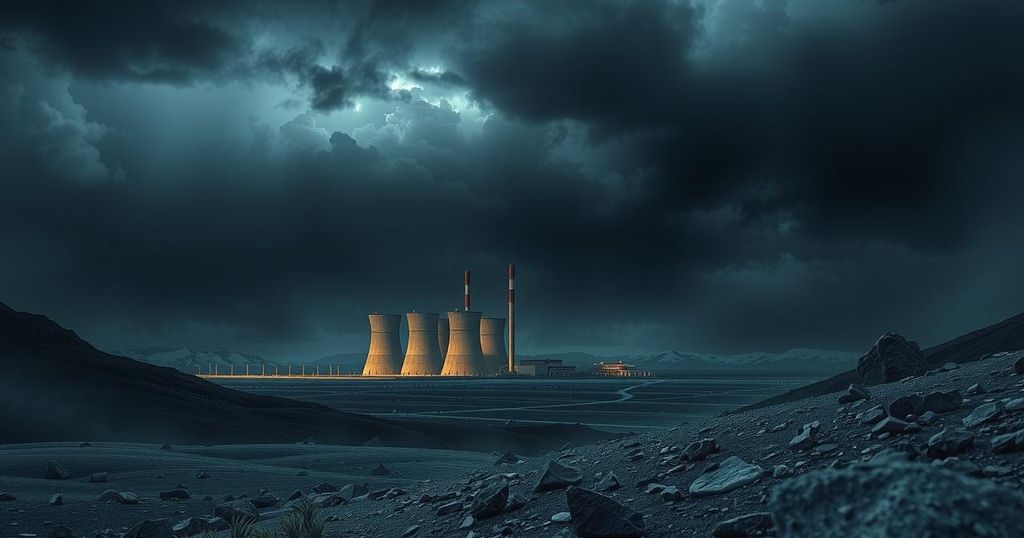Could North Koreans Working in Iran Have Been Killed or Wounded in the Weekend’s Attacks?
The recent U.S. attacks on Iran’s nuclear sites raise concerns about the potential for North Korean casualties among experts aiding Iran. Analysts warn that if North Koreans are harmed, Kim Jong-un may retaliate against the U.S. Additionally, South Korean President Lee Jae Myung is responding to rising tensions by implementing emergency measures. North Korea’s established nuclear arsenal presents additional complications in the evolving geopolitical scenario.
In light of the recent U.S. attacks on Iranian nuclear sites, questions have arisen regarding potential casualties among North Korean personnel operating there. As reported, North Koreans have been aiding Iran in developing its nuclear capabilities. Bruce Bennett, an analyst from the RAND Corporation, commented on the situation, suggesting that if any North Korean experts were harmed, it could incite Kim Jong-un to retaliate against the United States.
Formally, North Korea has condemned the bombings, labelling them as violations of the UN charter. However, they have not addressed their historical involvement in assisting Iran with nuclear infrastructure, such as tunnel constructions similar to those in their own facilities. According to Bennett, Kim may hesitate to acknowledge this collaboration, fearing that revealing it could label him as a target.
In an unsettling turn, Bennett speculates that North Korea might escalate the situation by providing Iran with nuclear weapons. This may enable Iran to perform an atmospheric nuclear test, demonstrating its nuclear capabilities to the world and potentially challenging U.S. authority.
The geopolitical ramifications have been significant enough for South Korean President Lee Jae Myung to cancel his NATO meeting attendance this week. Instead, he is implementing an emergency response strategy to manage increased tensions arising from the Middle East conflict, as reported by Yonhap News.
Decades after the Korean War began in 1950, it is believed that Kim is closely monitoring damage assessments from the U.S. strikes, particularly their impact on the Fordow site. The priority is likely to gauge whether these operations could jeopardize his own nuclear assets.
A former U.S. diplomat, Evans Revere, noted that North Korea possesses numerous operational nuclear warheads, likely making it challenging for the U.S. to eliminate them all in a single strike. He highlighted the difference between North Korea and Iran, asserting that while Iran is perceived as a potential threat, North Korea is already a recognized nuclear power.
In addition, Revere emphasized that North Korea’s recent aggressive expansion of its nuclear arsenal is intentional, designed for survival and strength. This long-term strategy underscores Kim’s resolve to maintain and enhance his nation’s military capabilities.
Clearly, the ongoing developments present complex challenges for international relations, especially as North Korea assesses its next moves in response to these notable military actions against Iran.
The recent U.S. strikes on Iran’s nuclear facilities have sparked concerns about the fate of North Korean personnel potentially involved in Iran’s nuclear programs. Analysts predict the fallout may further strain U.S.-North Korea relations, particularly if Kim Jong-un feels threatened by the occurrence of attacks targeting nuclear sites. The rapid advancements in North Korea’s own nuclear capabilities complicate the situation, making it clear that the geopolitical landscape is more precarious than before.
Original Source: www.nysun.com




Post Comment